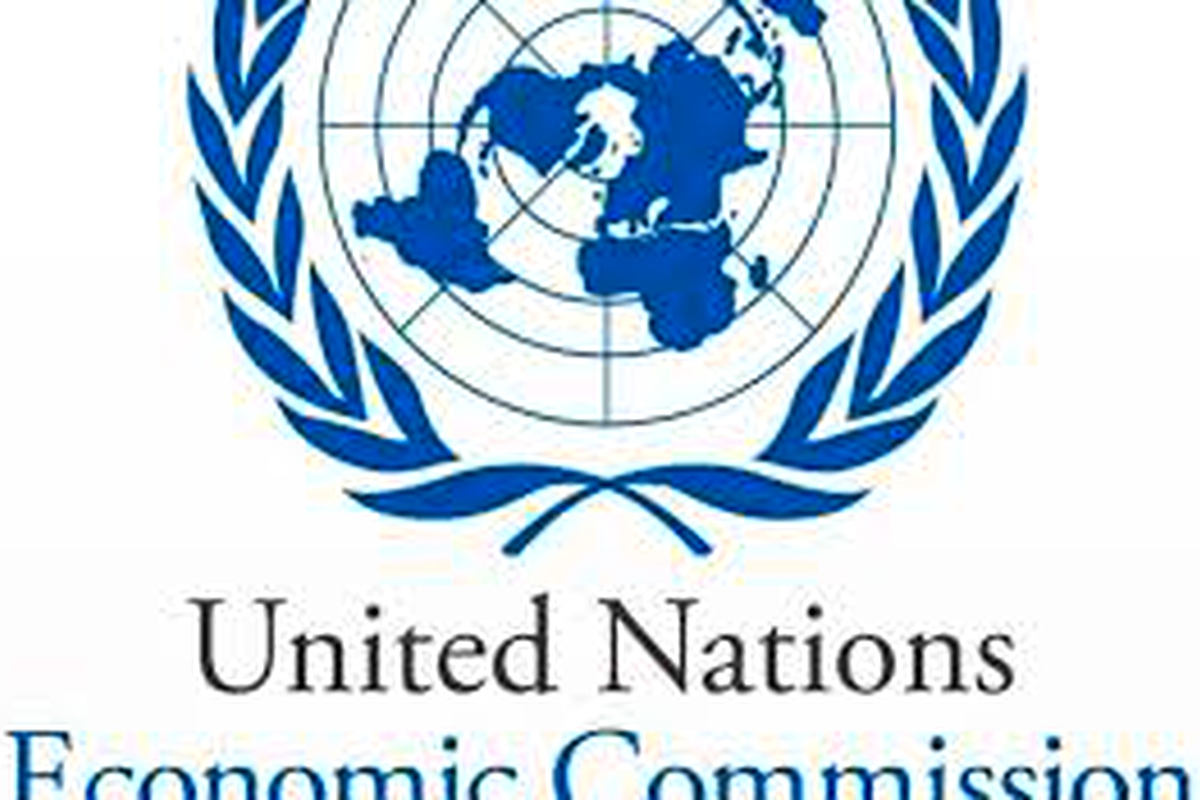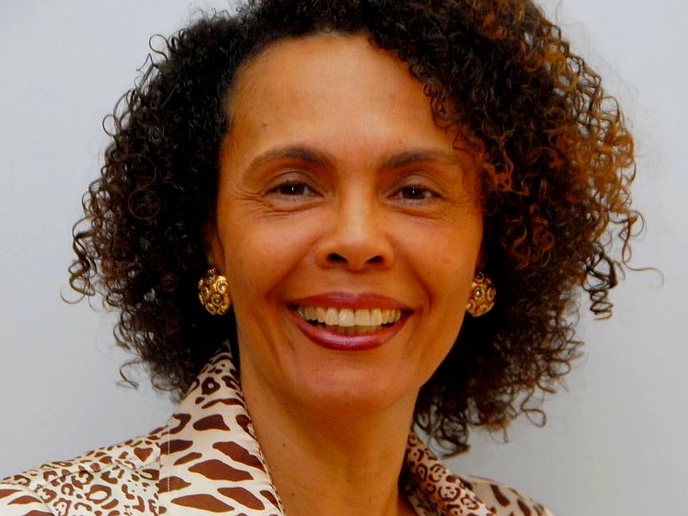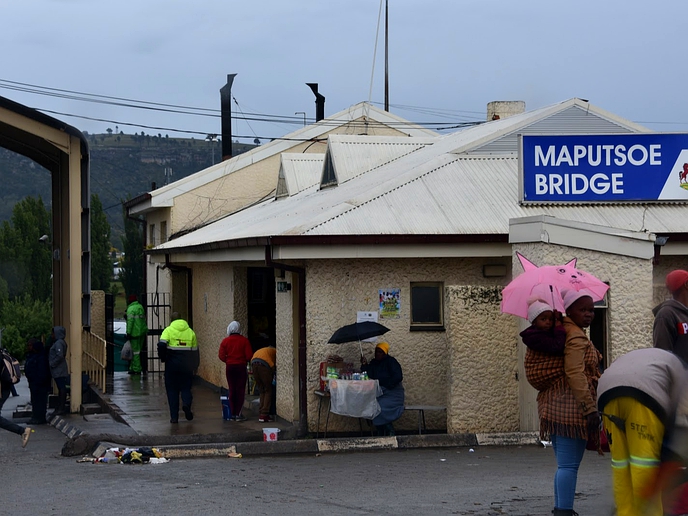MASERU - The Minister of Finance Thabo Sofonea has demonstrated that fiscal consolidation and structural reforms are required to restore external balance, preserve debt sustainability, and stimulate inclusive growth over the medium term.
business
Nov. 6, 2020
NEO SENOKO
3 min read
Lesotho appointed chair of ICSOE

This, the minister said following his appointment as chairman of the Inter-Governmental Committee of Senior Officials and Experts (ICSOE) of Southern Africa recently. The 26th meeting of ICSOE of Southern Africa elected Lesotho as Chair, Malawi as Vice-Chair, and South Africa as Rapporteur to lead the bureau.
In his keynote address, Mr. Sofonea bemoaned that the new bureau is assuming responsibilities in a COVID-19 environment which has impacted negatively on socio-economic issues in Southern Africa. “Although the current response to the pandemic was through emergency health and economic mitigation measures, fiscal consolidation and structural reforms are required to restore external balance, preserve debt sustainability and stimulate inclusive growth over the medium term,” he said shortly after being appointed as the chairman.
According to the International Monetary Fund (IMF), Lesotho’s Public Debt is expected to surge from 54.4 percent to 61.4 percent in the 2020/2021 financial year. External public debt will move from 44.4 to 53.0 percent in the same period. Domestic public debt on the other hand is expected to drop from 10 10.0 to 8.5 percent.
“Currently, SACU receipts remain the major contributor of our government revenues and they are very volatile, thus pose serious budgetary pressures through a mismatch between revenues and expenditures.
“Invariably the rising expenditures have led to the increase in public debt and accumulation of domestic arrears and further pushed the country into moderate debt distress. We are committed to ensuring that foreign reserves remain adequate to our balance of payment needs,” Mr. Sofonea added. The theme for this year’s meeting was “Policies and strategies towards effective private sector-led growth and job creation in Southern Africa.”
In line with the theme, the minister added that Lesotho had over the years placed the private sector at the center of economic development programs and strategies in the National Strategic Development Plan (NSDP). “On international, continental and regional aspirations, the theme is also consistent with the global and regional development frameworks which include the UN Sustainable Development Goals (SDGs), African Union Agenda2063, SADC Regional Indicative Strategic Development Plan (RISDP) 2020-2030 and the SADC Vision 2050,” Mr. Sofonea also said.
Enjoy our daily newsletter from today
Access exclusive newsletters, along with previews of new media releases.

He emphasized that to this end, the government of Lesotho acknowledged the pivotal role the private sector, especially micro, small and medium enterprises played in the recovery process geared towards the attainment of Sustainable Development Goals (SDGs). Despite the exigencies of the pandemic, the UN Economic Commission for Africa (ECA) has been applauded for providing technical assistance to member states on accelerating the domestication of regional industrialization.
Member states were further encouraged to continue collaborating with other development partners towards ongoing regional efforts to implement inclusive industrialization policies placing the private sector at the citadel of regional economic growth and job creation.
Delegates and participants from Angola, Botswana, Eswatini, Malawi, Mauritius, Mozambique, Namibia, South Africa, Zambia, and Zimbabwe also attended the meeting.






